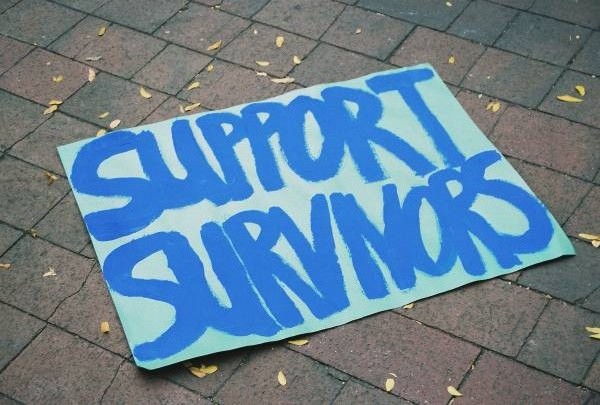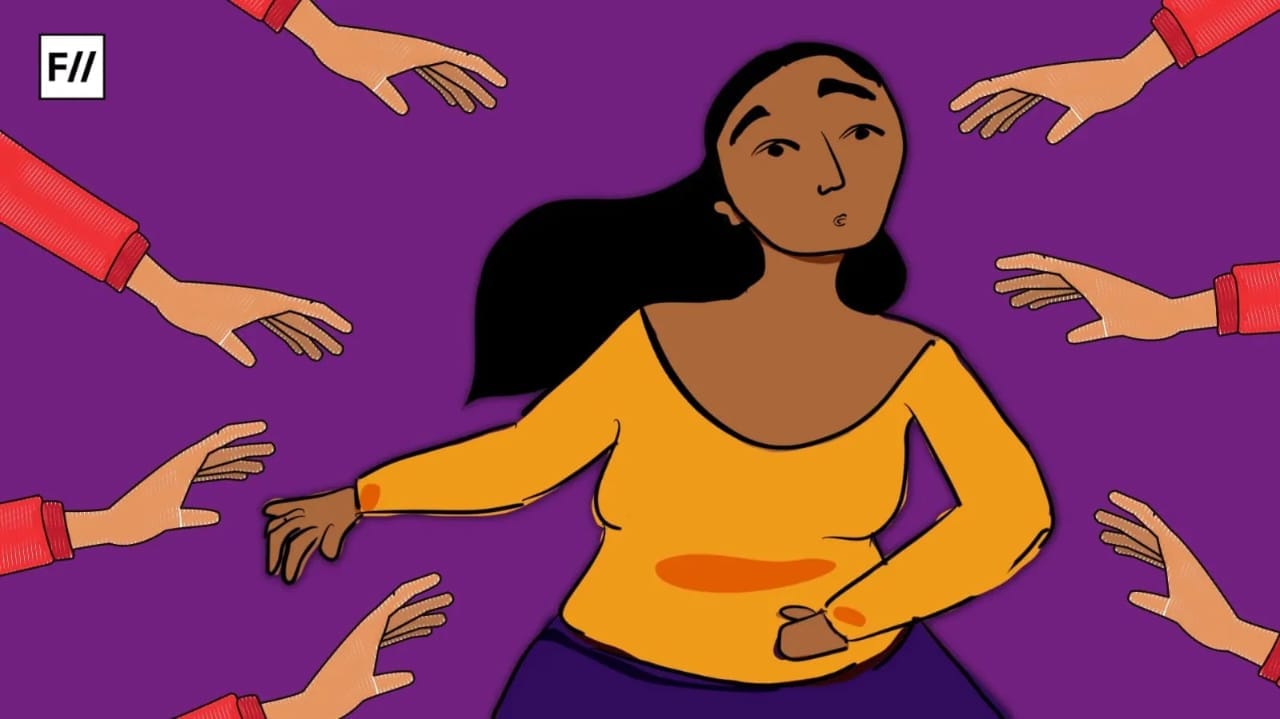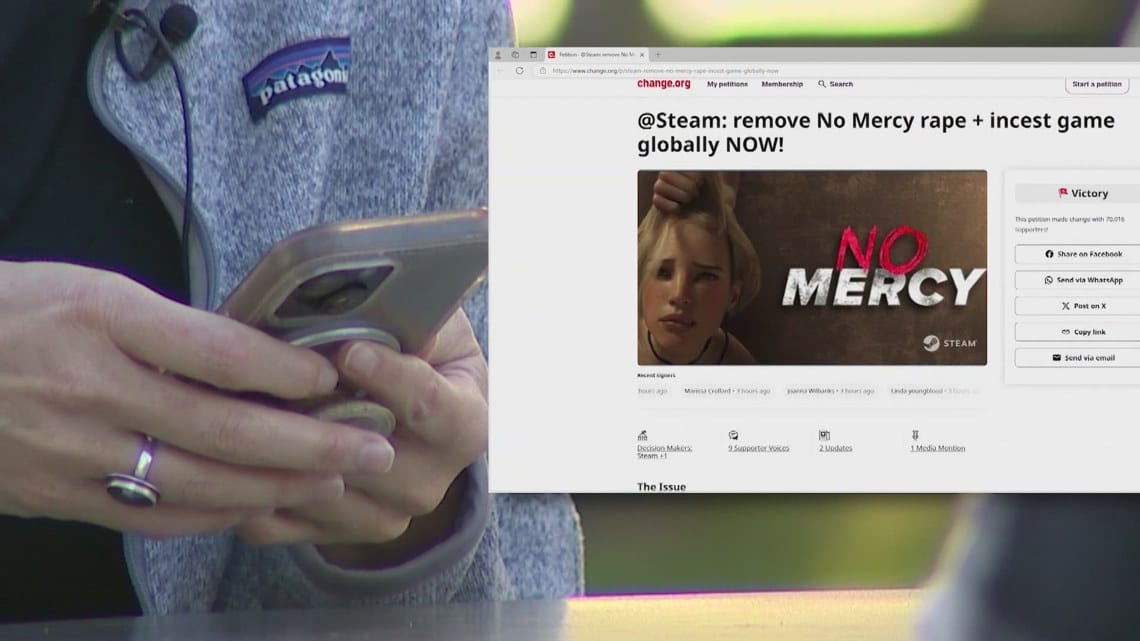Sayfty Trust launched the Sayfty Survivors’ Toolkit on the 9th of December, 2019 at The India International Center, New Delhi. The launch event was supported by UN Women India, Jagran New Media, Twitter India, and Manupatra Edutech. The event was attended by survivors of sexual violence, women’s rights activists, lawyers, doctors, civil society organizations, and college students. The Sayfty toolkit works to bridge the gap in the provision of information for sexual assault survivors at the local and national level.
Medical Aid
A survivor of sexual violence can experience physical, psychological, and emotional consequences. Medical treatment shall be of top priority after any such incident.
An access to tests and treatments/medical procedures can ascertain Sexually Transmitted Infections (STIs), pregnancy, and more. The doctor should also examine and treat any physical injuries on your body (free of cost).
If the sexual assault has happened in childhood, or if it has happened at any other point in life and no medical attention was given, the victim might have healed physically. But professionals should be consulted so that the victim can heal beyond physical health: emotionally and psychologically.
In order to report the assault, the doctor should help the survivor to preserve evidence for pursuing legal actions.
Legal Action
The first and foremost step is to file an FIR at the nearest police station. An FIR is a detailed narrative of the incident that took place. At the time of filing an FIR, in cases of offences such as sexual harassment, sexual assault, or rape, it is mandatory that such information be registered by a woman police officer. Upon the filing of the FIR, the police should investigate and send the case to the relevant court.
At the time of filing an FIR, in cases of offences such as sexual harassment, sexual assault, or rape, it is mandatory that such information be registered by a woman police officer.
After filing a rape case and registering an FIR, the complainant (victim) or informant is likely to be called to the police station to give further statements, and potentially to identify the perpetrator, or to answer more questions. The investigation includes gathering evidence. Once the police identifies the accused, and is aware of their whereabouts and identity, they may make an arrest.
After the registration of the FIR and the medical examination, a statement is recorded. The victim is required to record their testimony (formal statement) in front of the Magistrate. This, too, is a part of the pre-trial stage. It is suggested that the victim is accompanied and advised by a private legal counsel, or lawyer. The victim will also receive legal aid, after applying for it.
Also read: How The Men’s Rights Movement Hurts Male Survivors Of Sexual Assault
The pre-trial stage takes about 2-3 months to complete. The case is then listed before the court for presentation of evidence, witnesses, and arguments for a judicial determination of the facts, and whether the offence is made out. The victim is likely to be examined and if it is a rape case, then the case is to be heard in court on a day-to-day basis and completed within 2 months from the date of filing the charge sheet. A rape trial is always held in-camera, which means that they are not open to the public to watch.
At the Sayfty event, advocate at high court, Nipun Saxena talked about the flaws and major multiplicity of the system at court; for example, the victim gives her statement at six different places and even if there is one small discrepancy in one of her statements, it is used against her in the court of law.
At the Sayfty event, advocate at high court, Nipun Saxena talked about the flaws and major multiplicity of the system at court; for example, the victim gives her statement at six different places and even if there is one small discrepancy in one of her statements, it is used against her in the court of law. He added that there are no laws for victim protection, though there are policies that are only prevalent in some states and not all. Out of 732 districts only some 200 districts have provisions for the victim. There is a lack of critical infrastructure of courts and other related facilities, which makes it tough for the victim to seek justice. Along with the emotional and physical trauma, there is an added weight of proving the case, which also leads for the survivor to visit the trauma again and again, for a long period of time, due to the complicated way our legal system works.
Mental Health
Along with medical treatment and due justice, the victim’s mental health is of utmost importance as it is something that takes the highest toll. A survivor can experience extreme trauma; it can shape their beliefs, values, and goals for their life. Some survivors find it difficult to accurately remember the details of the incident. Immediately after the event, they usually feel shock and denial. Trauma is complicated in how it shows up in your life. It is different for every survivor and cannot be ignored.
Professional help like therapy is an essential tool to the process of recovery. Therapy would help the victim to come to terms with difficult experiences of life and figure out a way to deal with those experiences.
There are a number of counselling centers, private practices, and non-governmental organisations that offer professional mental health services. These can be accessed on their website. If it is a school or college student, professional help can be provided from the counselor available on campus. But therapy is expensive and mostly available in urban settings. Victims in rural areas don’t have the knowledge, resources and means to get that kind of a professional help. However there are centers that cater to the needs of under privileged survivors by giving them shelter, counseling and provide them with skill building and then work opportunities.
If you are an ally of a survivor, then ensure that you are sensitive and observant to their needs and reactions. When they are sharing information with you, remain focused and do not interrupt. Also take their consent (permission) before comforting them physically, like giving them a hug. Be mindful not to hug them or make physical contact if they are sensitive or uncomfortable. Give them positive affirmations like “I believe you”, “It is not your fault”, “We can get past this”, etc.
There are some organizations that work meticulously towards the mental and physical aid, in some cases legal help of the sexual assault survivor.
- Azad foundation
- Bharatiya Grameen Mahila Sangh (situated in several villages)
- One Stop Crisis Centre or the Nirbhaya Centre (situated in different states)
- Angala (situated in Bangalore)
- Shakti Shalini
The above article has been written with the help of the Toolkit that was launched by Sayfty.
Featured Image Source: Wesleying




